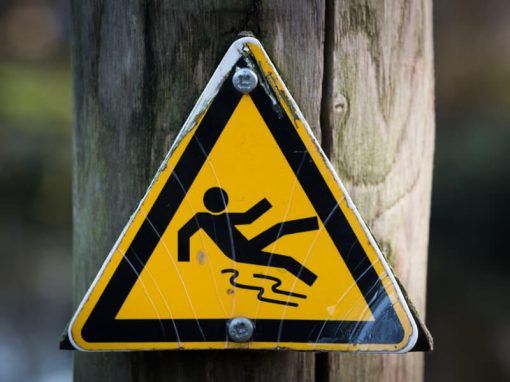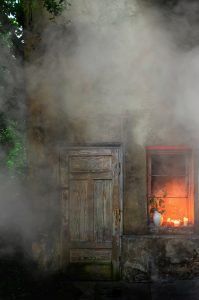Fire Water
Fire Water? Yes, Fires Can Happen Anywhere!
Fire on the water happens ? Do you own a boat? What about fire extinguishers? Do I need one, do I have to have one, am I required, should I have a fire extinguisher on my boat? YES to all.
Who says so ? The coast guard , sheriff , insurance companies , and some states organizations for instance the Florida Wildlife Conservation ( FWC ) have the authority to check your boat and request to see certain safety requirements. One of those items is a fire extinguisher. A fire extinguisher can be the single most important piece of equipment on your boat during certain circumstances. Not having one can lead to fines or worse case prohibit one in operating the boat depending on the circumstances?
Fire on the water ? Yes: Fires can happen anywhere.
Growing up in Florida and playing on the ponds, lakes, creeks, rivers and ocean, I have seen many cases where a fire extinguisher was required or needed. Hunting, fishing, or joy riding on the public waters you are subject to a vessel inspection by the AHJ or authority having jurisdiction. The authority officers are verifying certain safety items and one being the fire extinguisher. They request to see it and verify that it’s in working condition. A quick visual check of the operating gauge will indicate if its working order . There are different rules and regulations depending on the quantity, types, and sizes that each particular vessel may require. My experiences of actual fires have taken place both on the boat and near the boat. On the boat I have seen fires start on the engine and within the electrical system . The engine fires I have seen were a result of a gas line or carburetor issues and the fuel being exposed to spark or extreme heat to ignite the fire. Electrical issues have mostly occurred at the circuit boards where either damage or overload caused sparks . Near the boat the fires have ranged to bonfires on the banks getting out of control to fueling stations becoming in contact with an igniter source or existing fire. Cigarettes are a popular existing fire that if placed in the wrong spot can be a quick source of igniting a fuel source.
If you’re in New England, Florida, or anywhere in the world and operating a vessel, you should be aware of the potential areas where you could have a fire. A fire extinguisher is designed to put out small incipient stage fires. If you’re prepared and cautious, a fire extinguisher should be all you need to stop the fire in its small stage from getting out of control.
All the rules and regulations that the United States Coast Guard have produced you can find on the below website. I encourage all boat owners or boat riders to be aware of these rules and regulations as they are designed to keep all passengers safe on the waterways.
ATP Fire has a wide variety of fire extinguishers that will meet all USCG regulations . ATP Fire also sells and services automated engine room fire extinguishers. We work closely with the manufactures like Fire Boy and Sea Fire . These automated fire extinguishers have options to work automatically if there’s a fire to manually with a pull station from the upper or external towers. Also a variety of brackets, covers, and cabinets can be purchased through our catalog. The larger vessels that require these automated fire extinguishers may be subject to annual certification requirements depending on the use of the vessel and the AHJ. Our trained technicians will go out to your boat or dock space in our service territories to test , inspect , and certify these fire extinguishers. Call today to see our service territories and rates.
Thanks and Be Safe Out There!
Sources
A BOATER’S GUIDE TO THE FEDERAL REQUIREMENTS FOR RECREATIONAL BOATS AND SAFETY TIPS
Fire Extinguishers (46 CFR 25)
http://www.uscgboating.org/
www.uscgboating.org/assets/1/workflow_staging/Publications/420.PDF
The post Fire Water appeared first on ATP Alarms.












